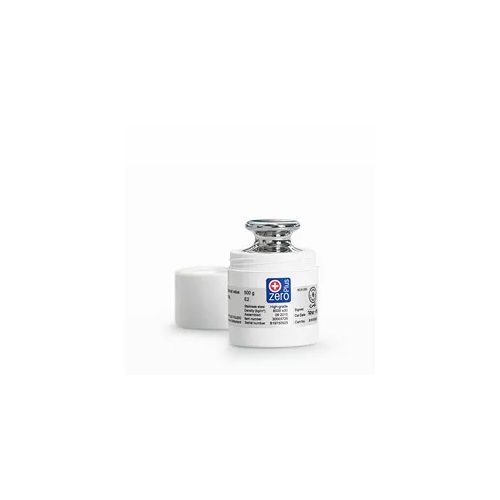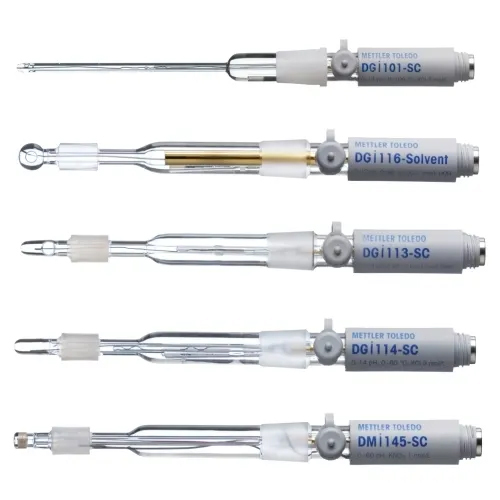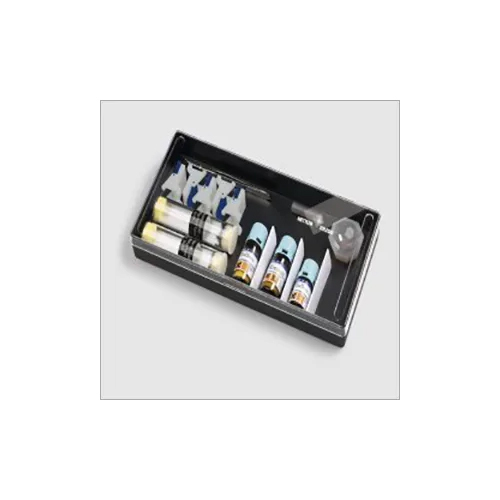Calibration Weights
Product Details:
Product Description
FAQ
1. What are calibration weights?
Ans - Calibration weights are used to measure and adjust the accuracy of weighing instruments such as scales, balances, and force gauges. They are typically made from stainless steel and are available in a variety of sizes and shapes.
2. How do calibration weights work?
Ans - Calibration weights are placed on a weighing instrument and the instrument is adjusted until it reads the exact weight of the calibration weight. This ensures that the instrument reads the correct weight, even when it is measuring the weight of other objects.
3. What are the different types of calibration weights?
Ans - Calibration weights come in a variety of sizes and shapes. For example, there are metric weights, avoirdupois weights, and troy weights. Additionally, calibration weights are available in sets of various weight classes, such as 1g, 5g, 10g, 20g, 50g, 100g, 200g, 500g, 1kg, 2kg, 5kg, and 10kg.
4. How often should calibration weights be used?
Ans - Calibration weights should be used every 6 months or after any repairs or maintenance on the instrument. Additionally, calibration weights should be used on any new weighing instrument before it is put into use.

Price:
- 50
- 100
- 200
- 250
- 500
- 1000+
Other Products in 'Laboratory Consumables & Accessories' category
 |
Mettler-Toledo India Private Limited
All Rights Reserved.(Terms of Use) Developed and Managed by Infocom Network Private Limited. |
 English
English Spanish
Spanish French
French German
German Italian
Italian Chinese (Simplified)
Chinese (Simplified) Japanese
Japanese Korean
Korean Arabic
Arabic Portuguese
Portuguese






